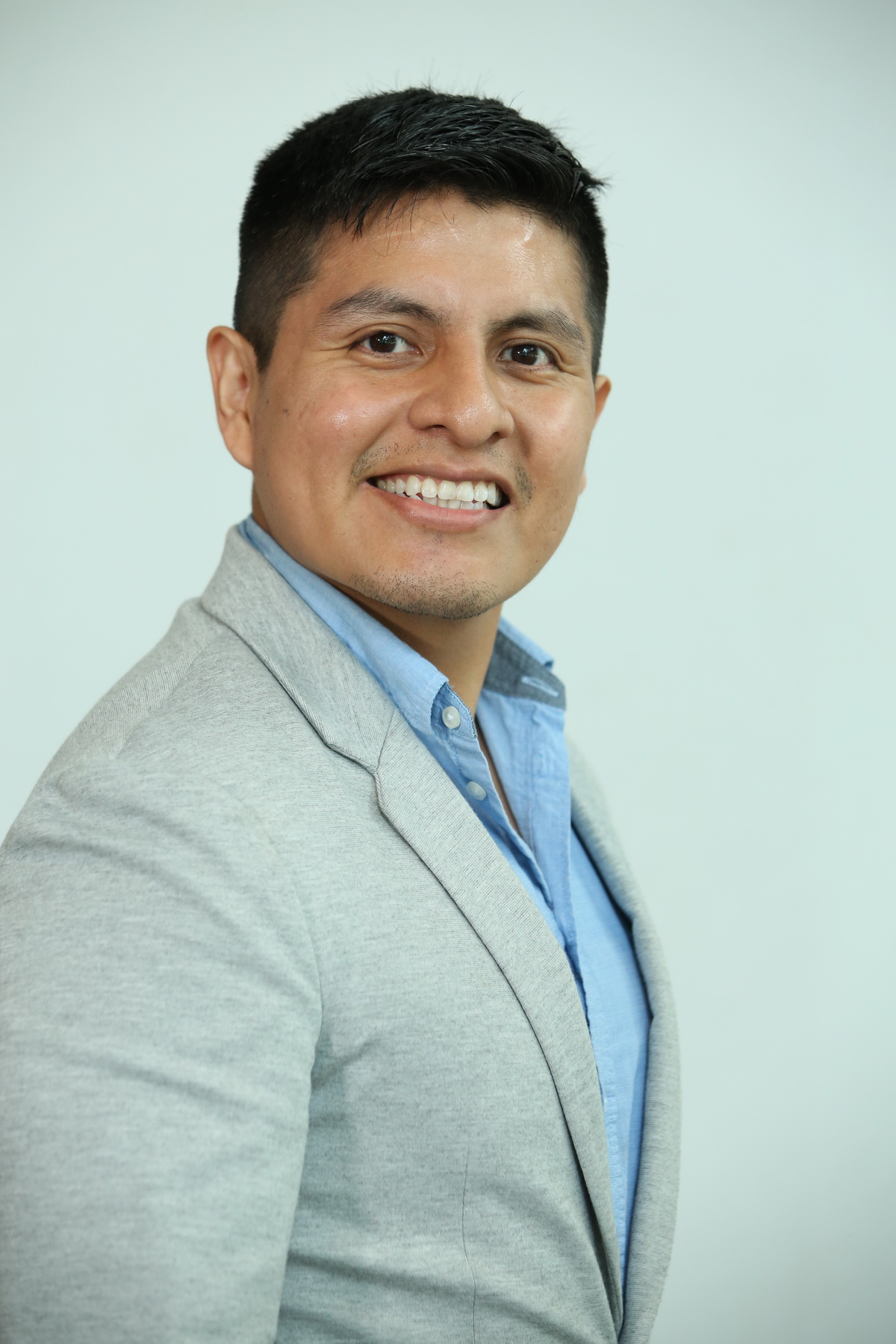
CWAE Mentorship and Outreach Award Winner
Luis Peña-Lévano

Luis Peña-Lévano, Ph.D., Assistant Professor at the University of California, Davis School of Veterinary Medicine, is the 2025 CWAE Mentorship and Outreach (Early Career) Awardee.
This prestigious discipline-wide award presented by the Committee on Women in Agricultural Economics (CWAE), honors individuals in applied economics who have made lasting contributions to creating a more welcoming and supportive environment for all members of the profession. Recipients are recognized for their sustained commitment to mentorship, outreach and advancing diversity, equity and inclusion within the discipline. Peña-Lévano will be recognized at the CWAE/COSBAE annual luncheon during the AAEA Annual Meetings. Prof. Peña-Lévano’s work aligns with the mission of this award through his sustained and impactful efforts to foster inclusion and provide mentorship in agricultural economics. A first-generation college graduate from Latin America, he makes it his personal and professional mission to promote opportunities in education, research, and the profession for individuals from all backgrounds. His career reflects a deep dedication to student mentorship, innovative teaching practices, and community-building efforts that open doors for mentees to succeed and lead within the profession.
“He exemplified what it means to be a mentor: sharing opportunities, investing in others and creating an inclusive academic environment where diverse voices were heard and valued.” – Luis Garcia-Covarrubias, Postdoctoral Researcher at UC Davis
Prof. Peña-Lévano’s contributions to inclusion is evident in all aspects of his academic and professional life. At the University of Florida, he helped launch a program aimed at serving first-generation students, transfer students, and working professionals, all groups traditionally underserved in higher education. At the University of Wisconsin–River Falls, he organized the university’s premier annual event, the Rod Nilsestuen Legacy Event, where he brought in ethnically and professionally diverse agricultural economics professors from peer institutions as keynote speakers. He also fostered an inclusive research environment in which all his undergraduate assistants successfully pursued graduate studies at institutions of their choice. In his role at UC Davis, Prof. Peña-Lévano led inclusive Extension programming and research that engaged underserved communities in agricultural practices. At the discipline level, he chaired the AAEA’s International Section and the Case Study Committee, where he used these platforms to amplify diverse voices across borders and disciplines, providing outreach and networking opportunities for emerging scholars.
Prof. Peña-Lévano has mentored over 20 graduate and undergraduate students across the United States, Latin America and Europe. Many of these students identified as first-generation college students, women, racial or ethnic minorities, or LGBTQ+. Many of his mentees went on to win numerous awards and became finalists in AAEA competitions. His mentorship focused on co-authoring papers, connecting students with professional networks, and supporting their career development. In the classroom, Prof. Peña-Lévano incorporated real-world applications, multilingual resources and active learning strategies to ensure all students could see themselves represented in the material. His innovative teaching practices earned him multiple awards for excellence in education.
As a researcher, Prof. Peña-Lévano emphasized the inclusion of students from diverse backgrounds to study critical issues such as labor equity, rural access to technology, and climate impacts on underserved populations. His work was designed not only to build professional resumes, but also to ensure that students felt welcomed and valued in research communities that appreciated their unique perspectives. Prof. Peña-Lévano’s colleagues consistently described him as a transformative mentor. His inclusive approach to authorship and academic engagement helped his students gain visibility and build strong professional profiles. He co-authored more than 20 peer-reviewed publications, many of which included mentees from underrepresented groups. He is currently Associate Editor for the Agricultural and Resource Economics Review (ARER).
Through his leadership, mentorship, teaching and research, Luis Peña-Lévano has made a profound impact on colleagues and mentees in the field of applied economics. As a role model, he is not only reshaping who participates in applied economics, but how inclusive, globally relevant and socially responsive the agricultural economics profession can be.









